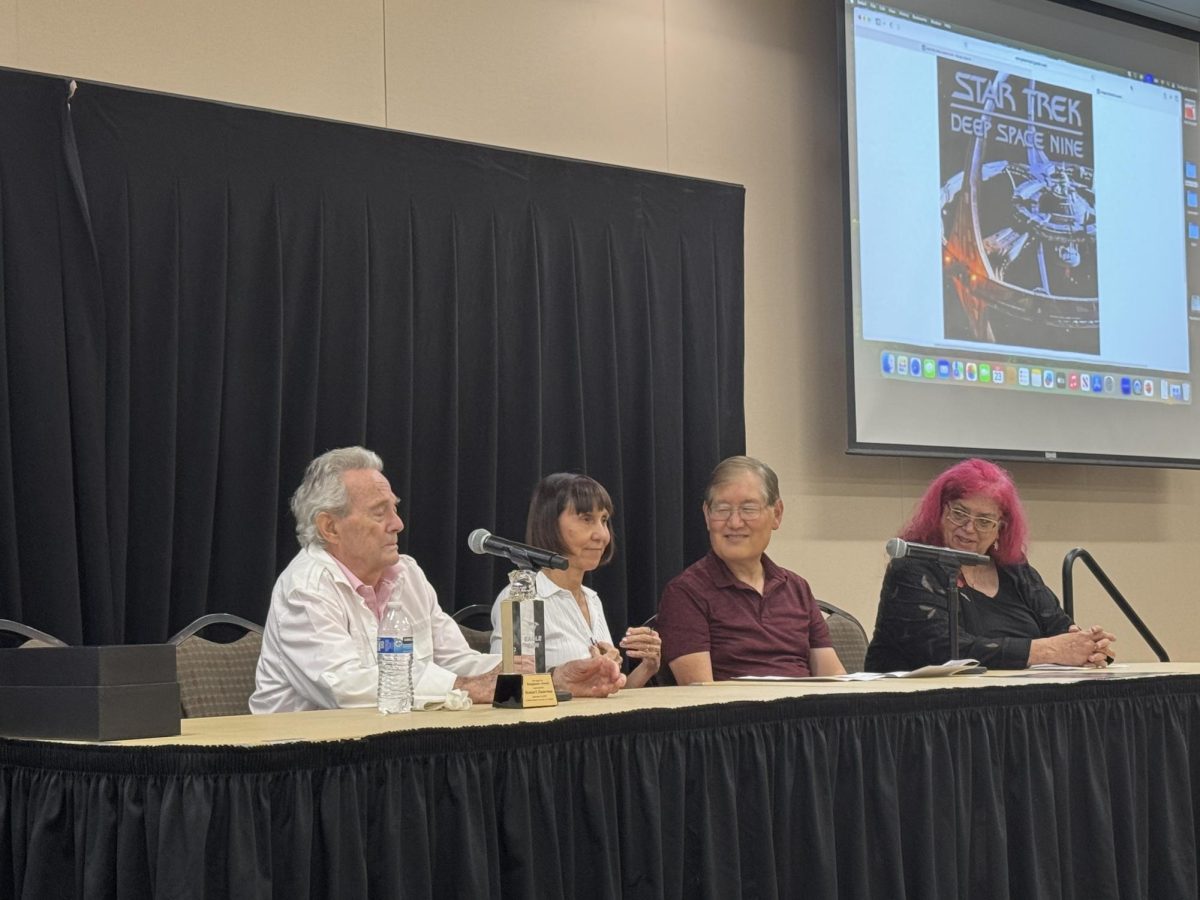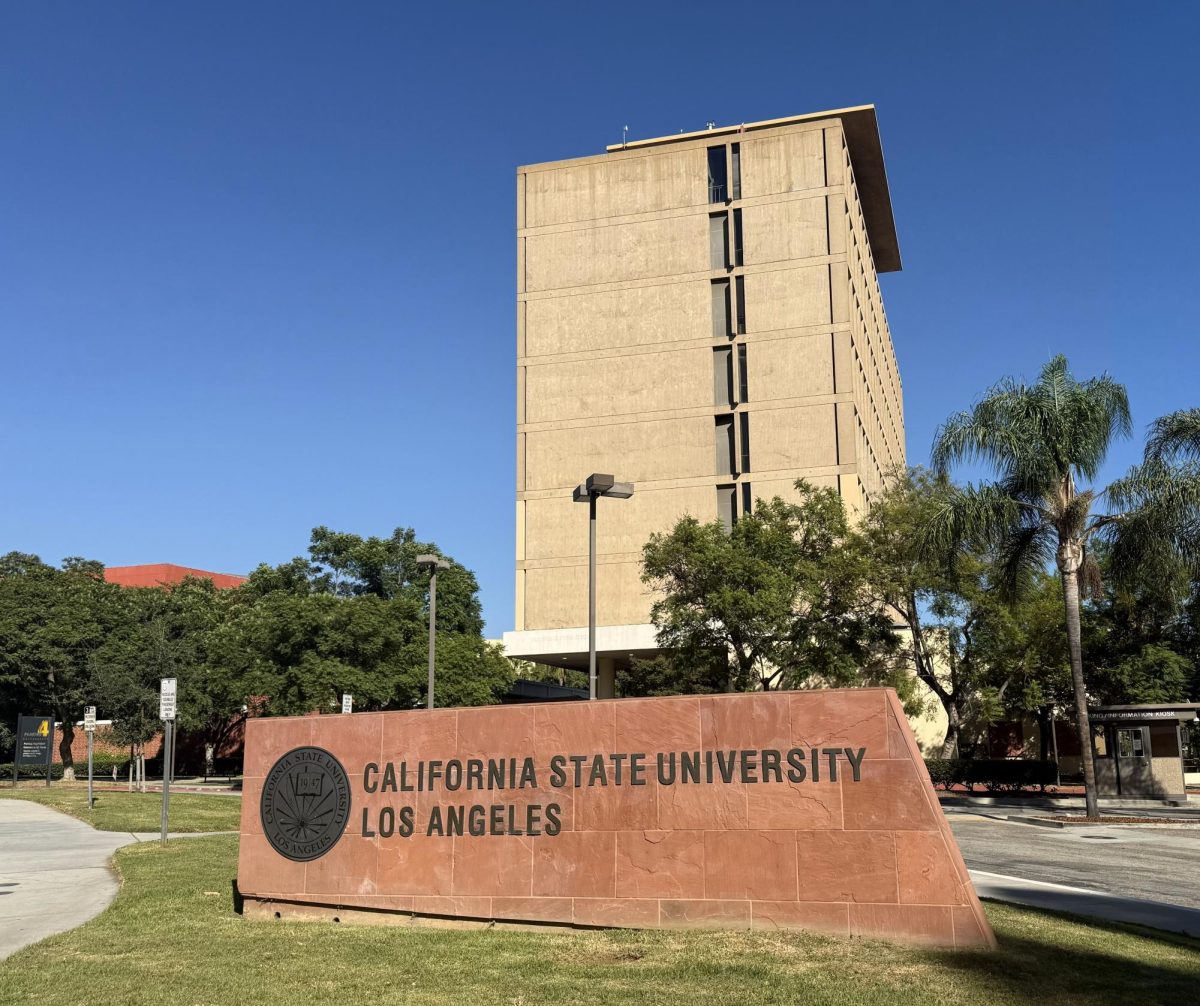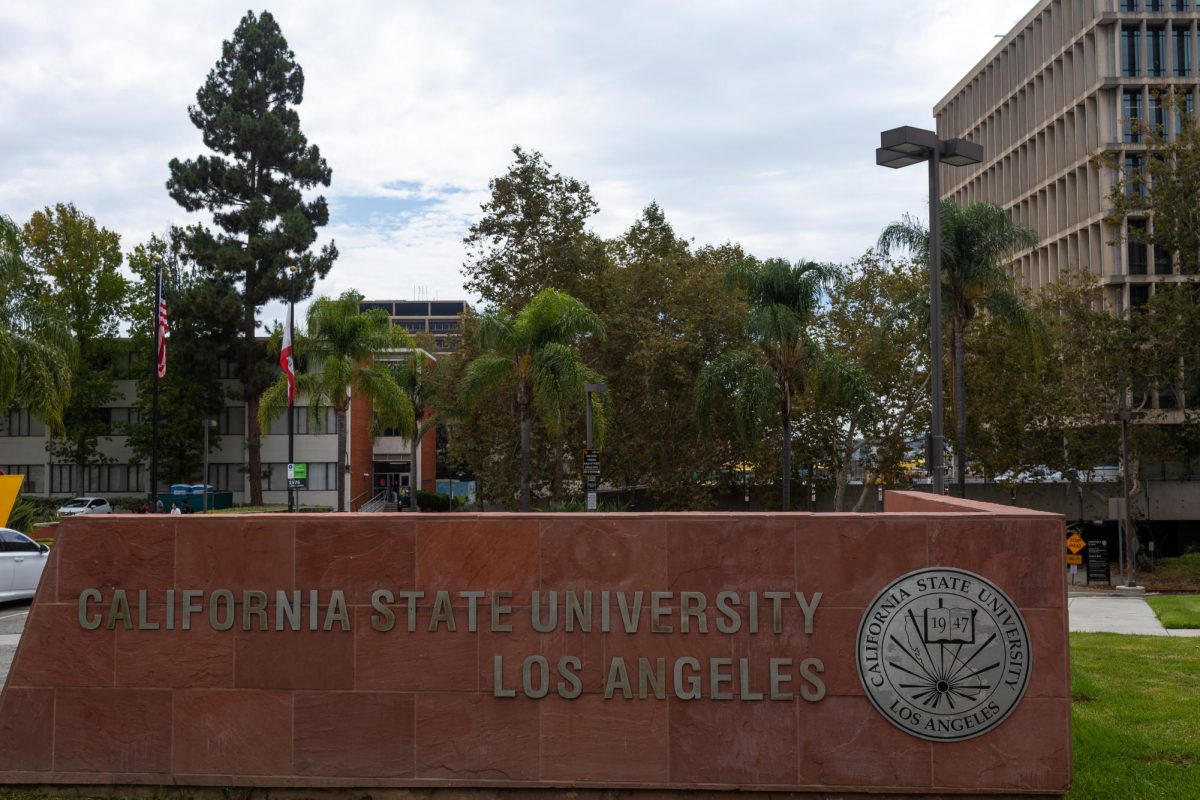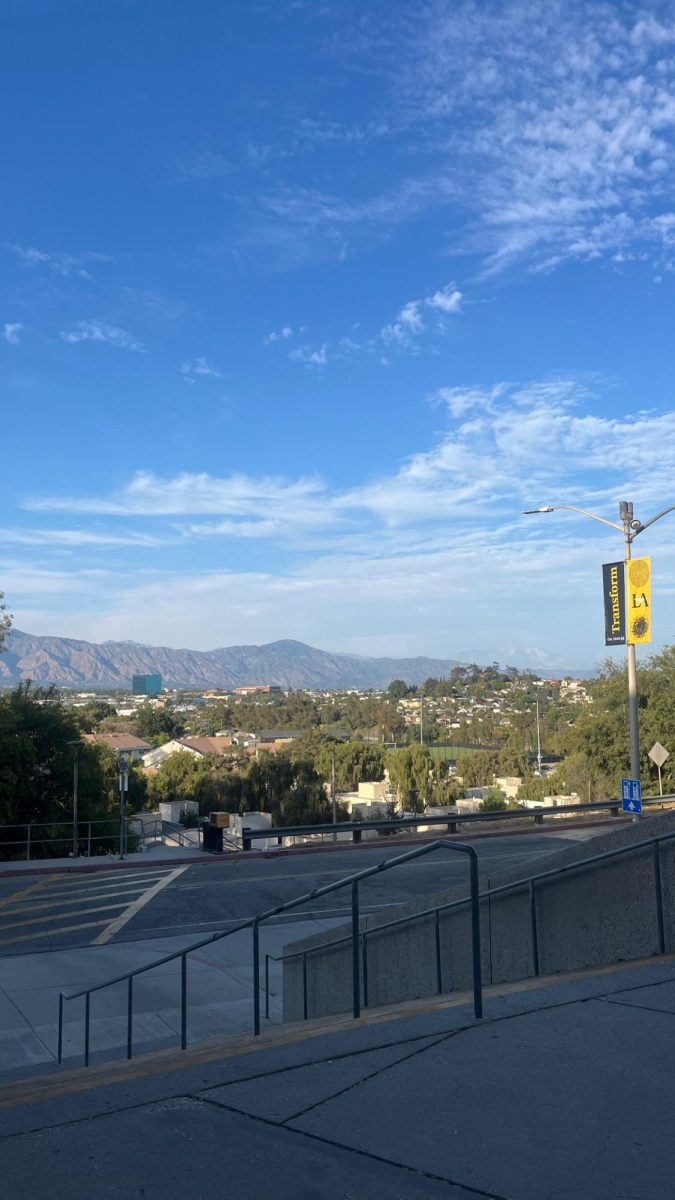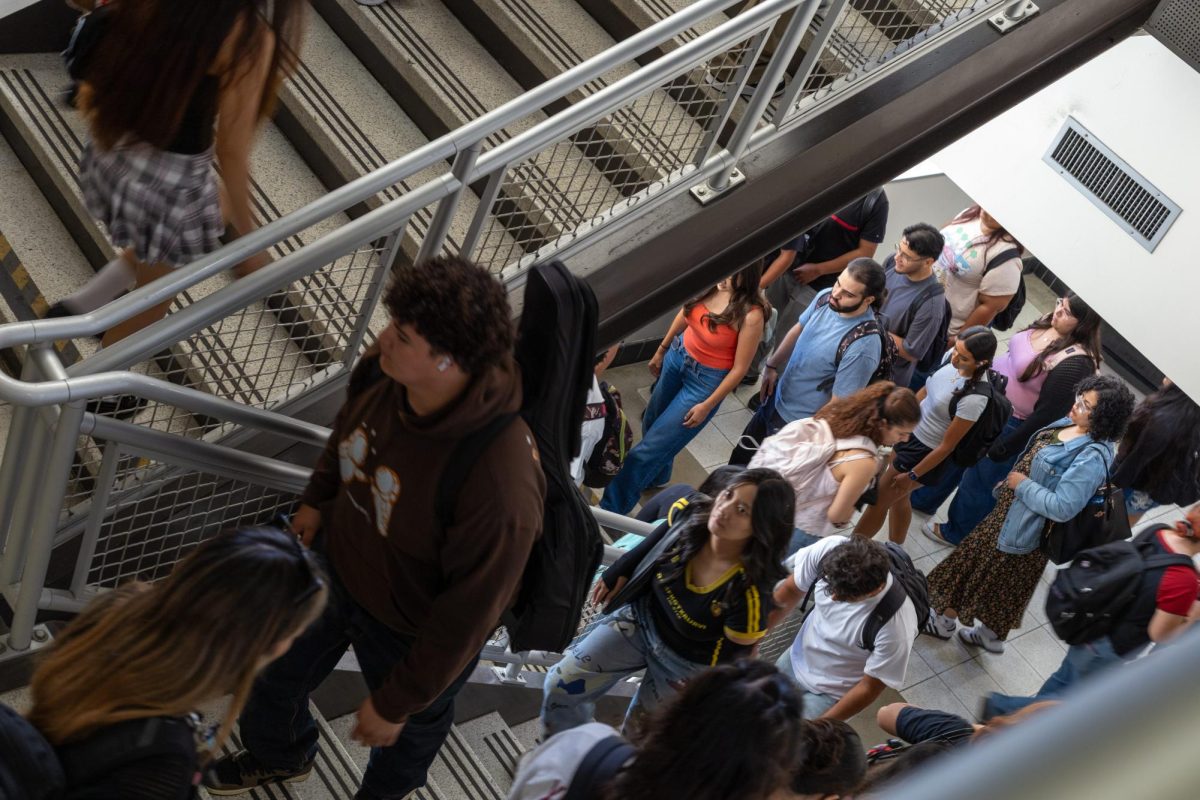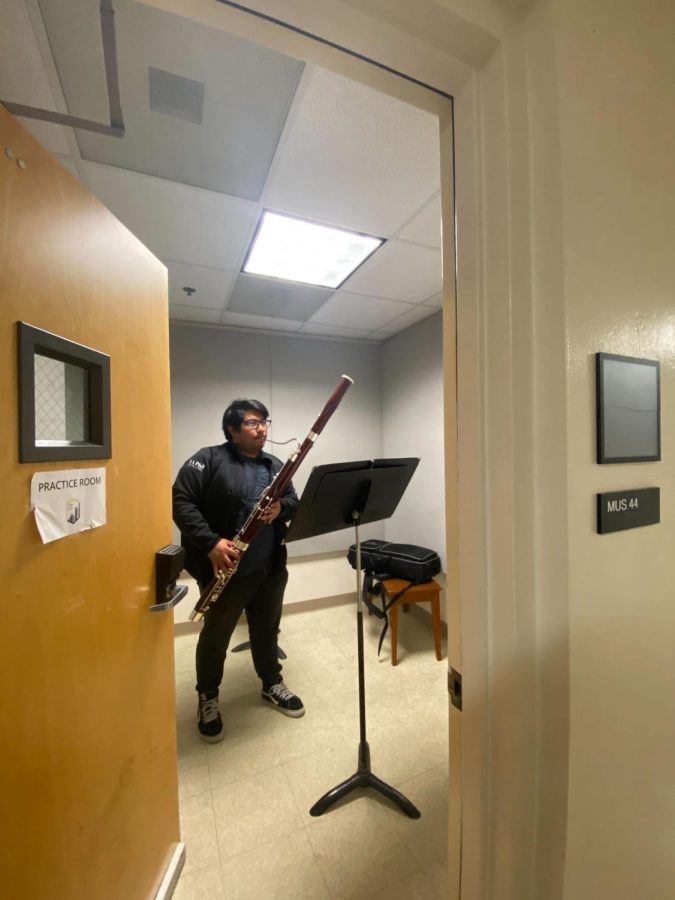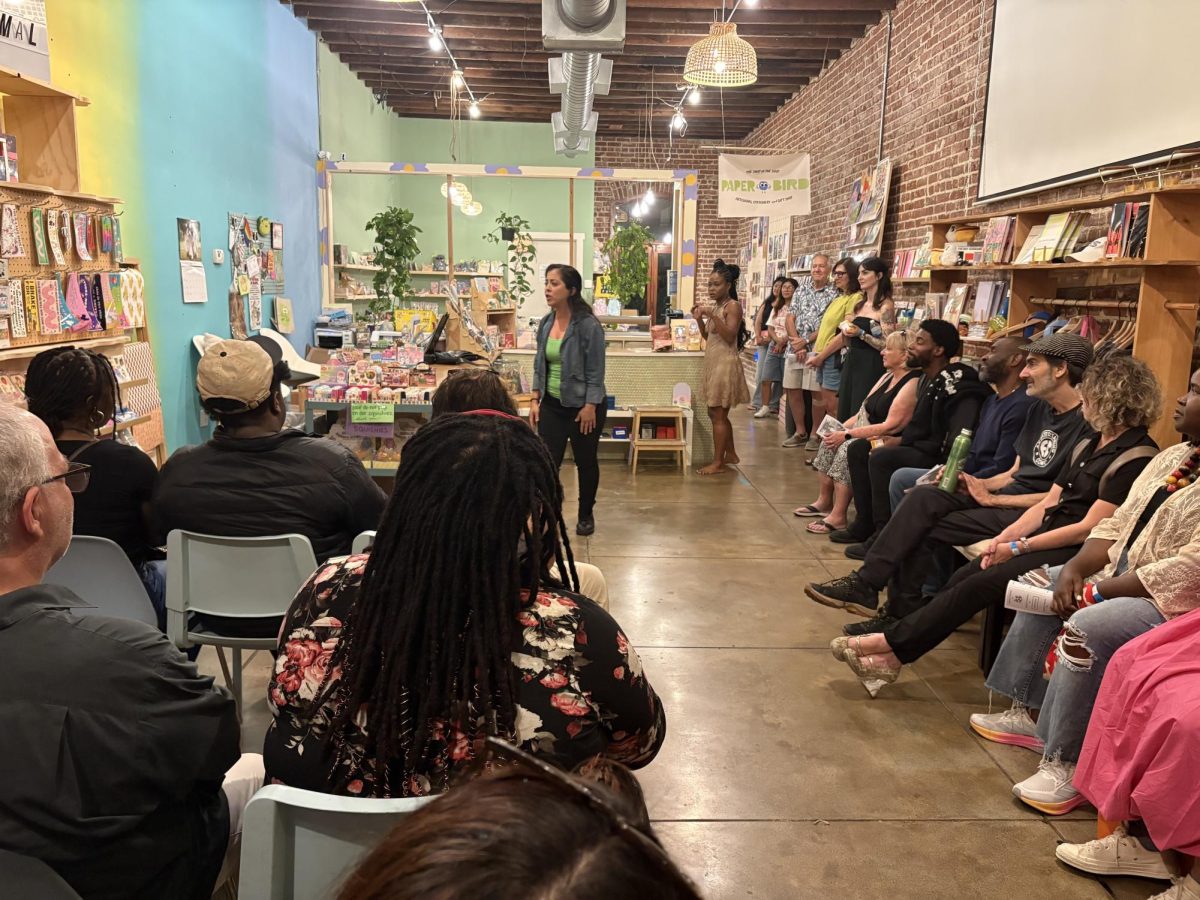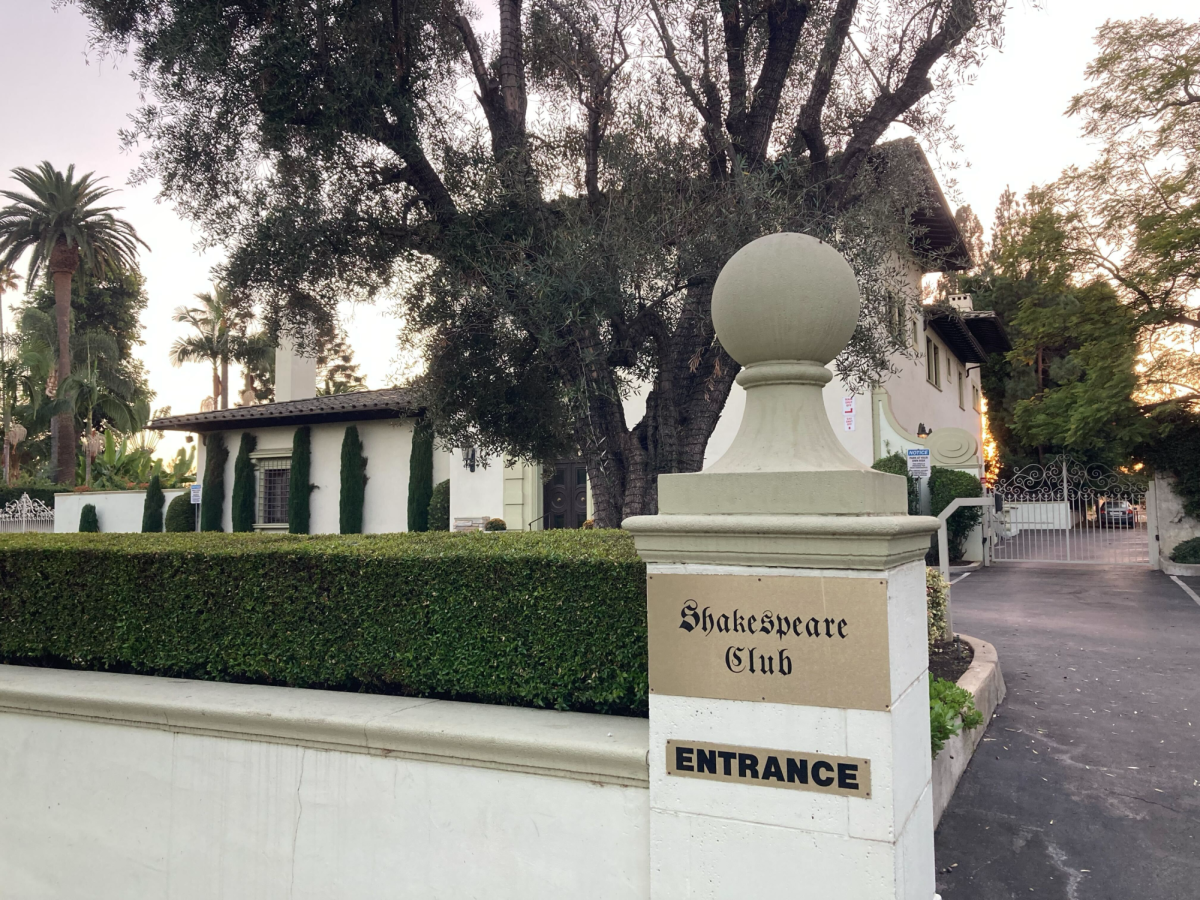The atmosphere at Cal State LA was lively as EagleCon 2025 took over the campus. Students filled the rooms, surrounded by EagleCon posters and life-sized cardboard cutouts of an eagleman. Vendor tables were set, selling everything from T-shirts to collectibles, while conversations about science fiction and fantasy spilled into every corner of the top floor of the University Student Union.
Cal State LA hosted EagleCon 2025 on Sept. 23 and 24, a two-day celebration of science fiction, fantasy, and visionary storytelling. The convention honored award-winning filmmaker Alex Rivera, legendary art director Herman Zimmerman, and the nonprofit Organization for Transformative Works (OTW), known for preserving and advocating for fan-created works.
With the theme of “Resistance,” EagleCon explored Latino futurism, Afrofuturism, and risky visions of survival and defiance. The program included hands-on workshops, vendors, industry panels, student presentations on creating works of resistance, and sessions designed to help participants pursue careers in the entertainment industry.
The Organization for Transformative Works received the Lemonade award, the award is given to honor acts of kindness by organizations that strengthen science fiction communities.
Accepting the award on behalf of OTW was Ericka L Frank.
Frank, who is a member of the Galactic Journey blog and OTW, spoke about how the organization’s mission connected to EagleCon’s theme. Her words embody the same spirit of resistance that EagleCon celebrates, “When we started the archive, the goal was to make sure fan works—these stories, these acts of creativity—were protected and accessible,” Frank said. “Because they weren’t commercial, they often faced pushback. But that independence, that refusal to be controlled by outside interests, was part of resistance. It was about keeping space for people to imagine freely, without being told they couldn’t or shouldn’t.”
Frank also pointed to the challenges OTW faced with digital rights and data regulations, explaining that maintaining a nonprofit, community-driven platform required constant advocacy.
“It’s resistance not just in what we preserve, but in how we fight to exist,” she said. While maintaining OTW as a nonprofit, community-driven platform has required constant effort to navigate digital rights, data regulations, and outside pressures. Protecting creative work, defending user privacy, and keeping the archive accessible for everyone has become a form of resistance in itself.
One of the most moving moments of the event came when legendary art director Herman Zimmerman, best known for shaping the visual landscapes of Star Trek, received the Imaginator Award which acknowledges exceptional talent and contributions to the visual arts within the film and television industries, particularly in science fiction and fantasy genres. The honor was presented by Denise and Mike Okuda, the first EagleCon awardees and longtime collaborators in the Star Trek universe.
Upon acceptance, Zimmerman was visibly emotional as he accepted the award, reflecting on decades of world-building and the friendships forged along the way. Denise Okuda praised her colleague’s generosity and openness in the creative process. “The best thing about working with Herman was how open he was to other ideas,” she said, highlighting his collaborative spirit.
Zimmerman was asked what excited him most about the next generation of storytellers and world-builders emerging from universities such as Cal State LA. “I’m sorry I don’t have my finger on the pulse of colleges and universities,” Zimmerman said, “But I do think the future of humanity is always in the hands of the youth. A general education through high school isn’t enough anymore; colleges and universities need to stand up, to give students the tools and diversity of experience that will allow them to see the world differently and tell new stories.”
Zimmerman connected his perspective to his own life, noting that both Social Security and him were born in 1935.
“We all have to put something back into the process,” he said. “And those who do—most of them deserve applause.”
EagleCon also honored Alex Rivera with the Prism award, the award celebrates creators who expand diversity in speculative genres across media. The award-winning filmmaker whose work has long centered on questions of identity, migration, and resistance, Rivera’s work has influenced a new generation of filmmakers and storytellers, inspiring them to explore social and political themes through science fiction and other different genres. His approach mixes imaginative world-building with real-world issues, showing how storytelling can engage audiences with questions of justice, identity, and human connection.
The film maker is best known for his film “Sleep Dealer (2008),” a landmark in Latinx science fiction cinema that explored themes of globalization, technology, and the exploitation of immigrant labor.
Organizers, the Art Directors Guild (ADG), the University-Student Union (U-SU), and the College of Arts and Letters at Cal State LA highlighted how Rivera’s body of work embodies the EagleCon 2025 theme of Resistance. By weaving stories that challenge dominant narratives about borders, belonging, and survival, Rivera’s films have offered powerful visions of resilience in the face of systemic oppression.
In workshops and panels, speakers pointed to Sleep Dealer and his other projects as examples of how speculative storytelling can be used as a tool for activism, sparking dialogue about real-world struggles while imagining radical new futures.
Together, the honorees of EagleCon 2025, Alex Rivera, Herman Zimmerman, and the OTW’s show the many forms resistance can take in art and storytelling. Rivera’s films imagined futures shaped by migration and struggle. Zimmerman’s worlds invited audiences to see humanity’s potential among the stars.
“The wonderful thing about Star Trek is the audience,” Zimmerman said. “We have an audience of people who are disenfranchised in a lot of different ways, who have taken hope for the future—a future where we don’t need money. Can’t imagine that, can you? This isn’t just about design. The humanistic attitude that Gene had, and that we hope to continue, is what’s made Star Trek endure as a force in our culture. I like solving problems, and that’s what we do every day.”
EagleCon 2025 left its audience with a sense of continuity between generations of creators, from the veterans of Star Trek to the new voices emerging from university classrooms. As Zimmerman said, the future of storytelling rests in the hands of the youth, and as EagleCon showed, those hands are already shaping worlds of their own.

